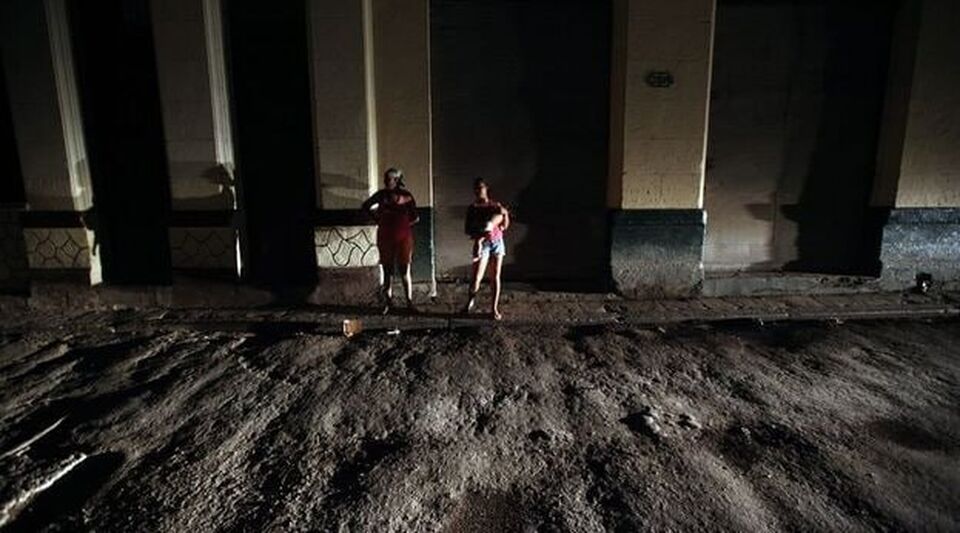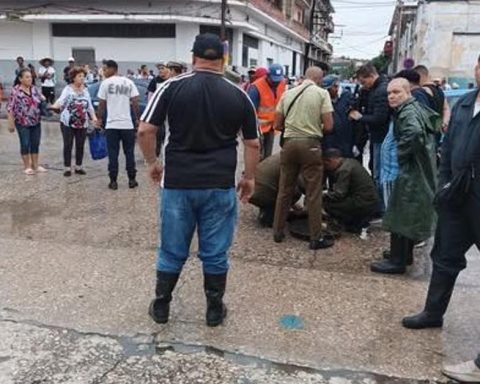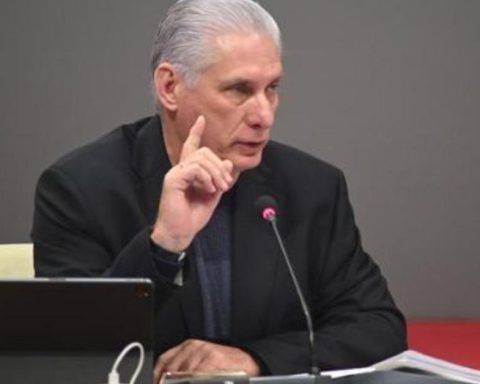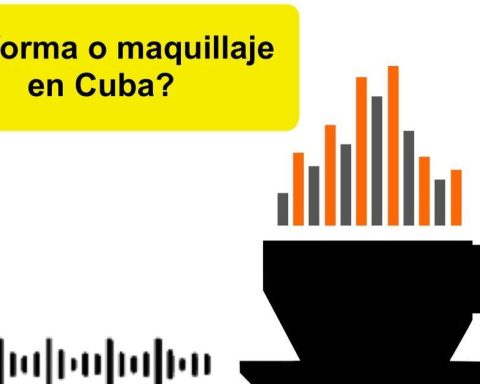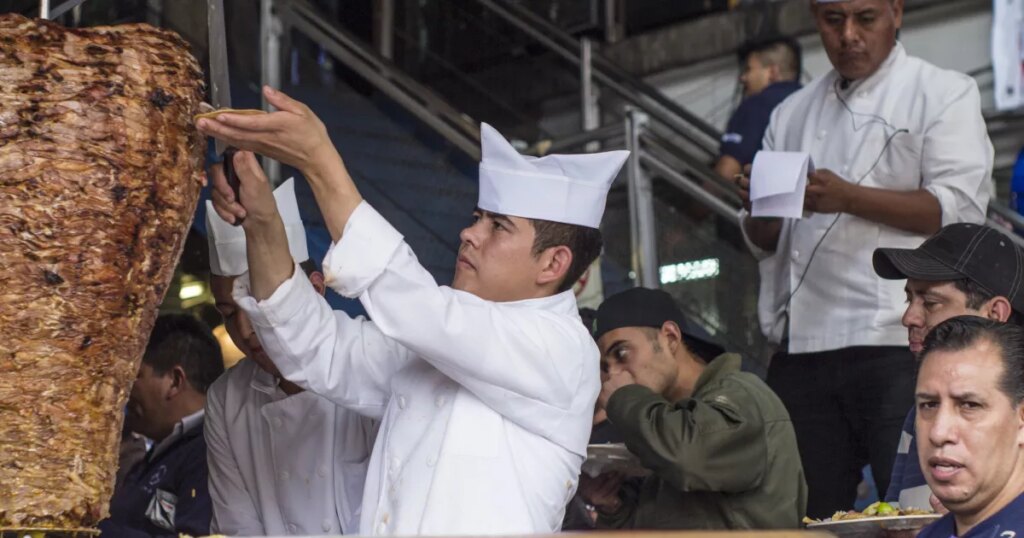The company Unión Eléctrica de Cuba (UNE) forecast for this Friday that the blackouts will simultaneously affect up to 6.9% of the territory during the hours of greatest demand. This is the second consecutive day this week with estimates of blackouts due to a deficit in electricity generation after almost three weeks without cuts, according to company data.
The Island ended last year – and began this year – without “scheduled” cuts in the electricity supply, unlike most of 2022, when blackouts exceeded ten hours a day.
But the Minister of Energy and Mines, Vicente de la O Levy, recently told national television that they foresee interruptions between January and April. The minister clarified that they will be “shorter” and will respond to maintenance at thermoelectric power plants for the summer months, when demand increases.
This is the end of the cycle opened by Miguel Díaz-Canel in May 2021, when he promised to end the blackouts on a date that he postponed time and time again until December.
Most of the eight terrestrial plants in Cuba have been operating for more than 40 years, when the average age is 30 years.
The days without blackouts on the island coincided with the drop in temperatures and in consumption (households stop using air conditioners and fans). O Levy himself admitted it on National Television.
With the cold fronts, the demand for energy to power the equipment decreased. This Tuesday, O Levy explained the maintenance program, which will be more intense in February because “it is one of the coldest months and it helps”, but then added: “Although the results are not due to the weather, they are due to the work of the electrical”.
The Cuban authorities attribute the energy crisis in the country to breakages and failures in the -obsolete and with a lack of investment- thermoelectric plants, fuel shortages and scheduled maintenance.
Most of the eight terrestrial plants in Cuba have been operating for more than 40 years, when the average age is 30 years. The cuts in the electricity supply have affected the economic activity and the lives of Cubans during 2022, which generated social discontent and protests.
________________________
Collaborate with our work:
The team of 14ymedio He is committed to doing serious journalism that reflects the reality of deep Cuba. Thank you for accompanying us on this long road. We invite you to continue supporting us, but this time becoming a member of our newspaper. Together we can continue transforming journalism in Cuba.
